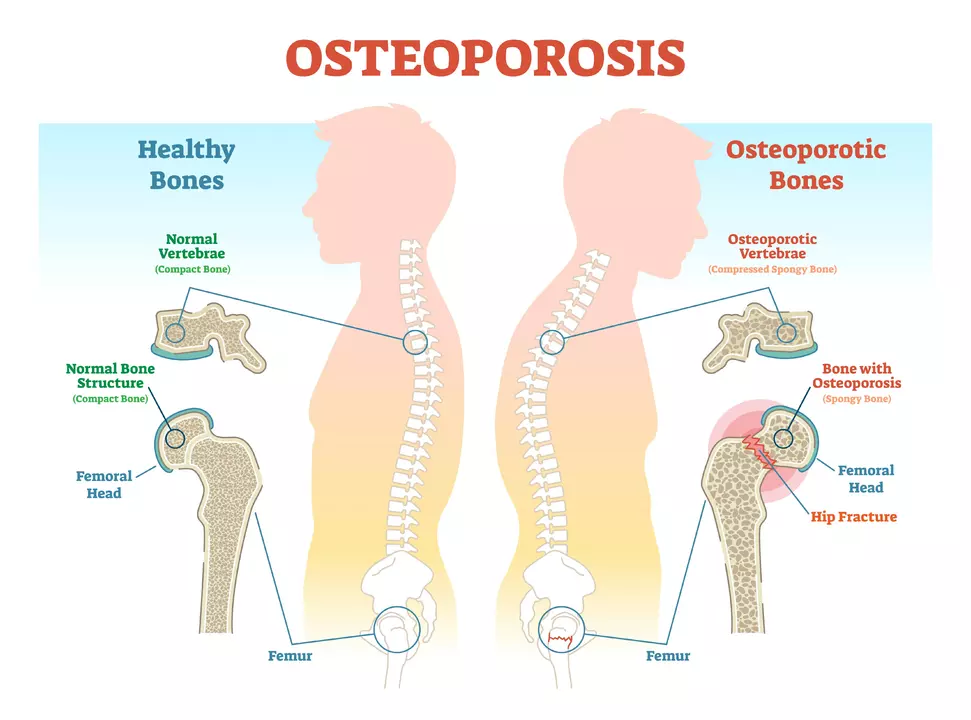Bone Health: Simple Steps to Keep Your Skeleton Strong
If you want your bones to stay sturdy as you age, the answer isn’t a mystery—just good nutrition, regular movement, and smart supplement choices. Below we break down what matters most, so you can start protecting your skeleton today.
Key Nutrients for Strong Bones
The foundation of bone health is calcium, but your body needs help to absorb it. Vitamin D acts like a key, unlocking calcium from food and putting it into the bloodstream. Aim for 1,000 mg of calcium daily (milk, yogurt, leafy greens) and about 600–800 IU of vitamin D through sunlight or fortified foods.
Magnesium and vitamin K2 are often overlooked but they play big roles. Magnesium supports bone crystal formation, while K2 directs calcium to the right places—your bones, not your arteries. A handful of nuts, seeds, and fermented veggies can cover these needs without extra pills.
If you’re looking for a natural boost, check out Cissus Quadrangularis. This herb is gaining attention for its ability to aid bone repair and reduce inflammation. Our article on Cissus explains how it works and offers dosing tips that fit most adults.
Lifestyle Moves That Keep Bones Healthy
Exercise isn’t just about muscles; weight‑bearing activities like walking, jogging, or dancing send signals to bone cells to stay dense. Add two short strength‑training sessions a week—think squats, lunges, or light dumbbells—to target the hips and spine, common sites of fractures.
Avoid smoking and limit alcohol. Both habits speed up bone loss by interfering with calcium balance. If you need help quitting, many online resources and support groups can guide you without a prescription.
Stay hydrated. Dehydration raises cortisol, a hormone that can weaken bone over time. Aim for at least eight glasses of water daily, more if you’re active.
Regular check‑ups matter too. A simple DEXA scan can spot early signs of osteoporosis before a break happens. Talk to your doctor about how often you should be screened based on age and family history.
When it comes to supplements, choose reputable brands that list exact amounts of calcium, vitamin D, magnesium, and K2. Pairing them with meals improves absorption and reduces stomach upset.
If you’re curious about other bone‑friendly options, explore our guides on calcium alternatives, vitamin D dosing, and the latest research on osteoporosis medications. All articles are written by pharmacy experts who keep up with the newest clinical data.
Bottom line: strong bones need a mix of proper nutrients, regular movement, and safe supplements. Start today—add a calcium‑rich snack, take a brisk walk, or try Cissus Quadrangularis under professional guidance. Your future self will thank you for every healthy choice you make now."
- Archer Pennington
- 13
The Relationship Between Osteoporosis and Kidney Disease
As a blogger, I've recently come across an interesting connection between osteoporosis and kidney disease. Osteoporosis is a condition where our bones become weak and brittle, while kidney disease affects our kidneys' ability to filter waste from our blood. It turns out that these two conditions are closely linked, as kidney disease can lead to an imbalance in the minerals needed for bone health. This can result in a higher risk of developing osteoporosis for those suffering from kidney disease. It's essential for people with kidney issues to monitor their bone health and take necessary precautions to prevent or manage osteoporosis.
Read more
